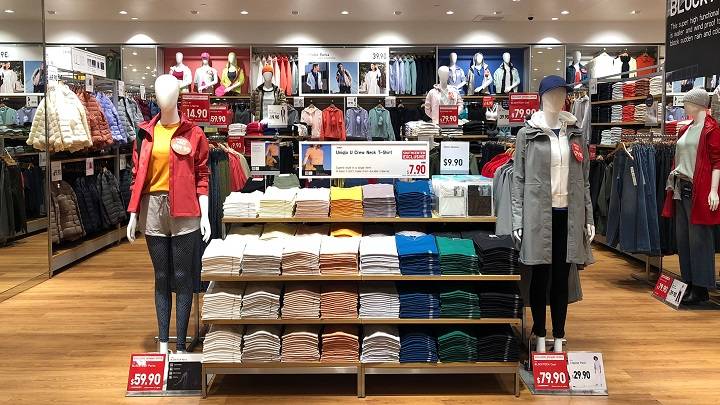In today’s dynamic retail landscape, the term “fast fashion” has gained prominence, often associated with brands that swiftly produce trendy, affordable clothing. Uniqlo, a global Japanese apparel retailer, has been a subject of debate in this context. Is Uniqlo part of the fast fashion phenomenon? Let’s delve into this, dissecting its business model, ethical stance, and production processes.
Understanding Fast Fashion
Fast fashion involves rapid production cycles, quick turnovers of new designs, and affordable clothing. This model often leads to environmental concerns due to increased waste and exploitation of labor in some cases.
Uniqlo: A Unique Player

Uniqlo, founded in 1949, has established itself with a different approach compared to typical fast fashion brands. While it emphasizes a rapid supply chain, it diverges in crucial ways:
Quality Over Quantity
- Uniqlo focuses on creating high-quality basics that are durable and long-lasting, rather than following fleeting trends.
Innovative Technology
- The brand invests heavily in technology and fabric research, aiming to provide functional, high-tech clothing that goes beyond fashion trends.
Ethical Production Standards
- Uniqlo emphasizes fair labor practices and has implemented ethical production standards. It closely monitors its factories and claims to provide fair wages and safe working conditions.
Sustainability Efforts
- While not entirely sustainable, Uniqlo has taken steps toward sustainability, committing to reduce its environmental impact by improving production processes and using more eco-friendly materials.
The Controversy and Criticisms
Despite these efforts, Uniqlo still faces criticisms:
Speed of Production
- Some argue that Uniqlo’s speed in bringing new collections and products to market aligns with fast fashion’s rapid turnover, contributing to consumer culture and potential environmental impact.
Limited Transparency
- Critics highlight the lack of complete transparency in Uniqlo’s supply chain, suggesting there’s more to uncover regarding labor conditions and environmental impact.
Defining Uniqlo as purely fast fashion or entirely separate from it is challenging. The brand’s unique blend of rapid supply chain, quality products, and ethical efforts blurs the traditional boundaries of the fast fashion concept.
Ultimately, Uniqlo seems to navigate between the realms of fast fashion and a more sustainable, quality-focused approach. While it exhibits characteristics of both, its conscious efforts towards quality, innovation, and ethical production set it apart from typical fast fashion brands.
In the ongoing discourse surrounding sustainability and responsible consumption, Uniqlo serves as a notable case study, provoking discussions on the intersection of speed, quality, and ethics in the fashion industry.


